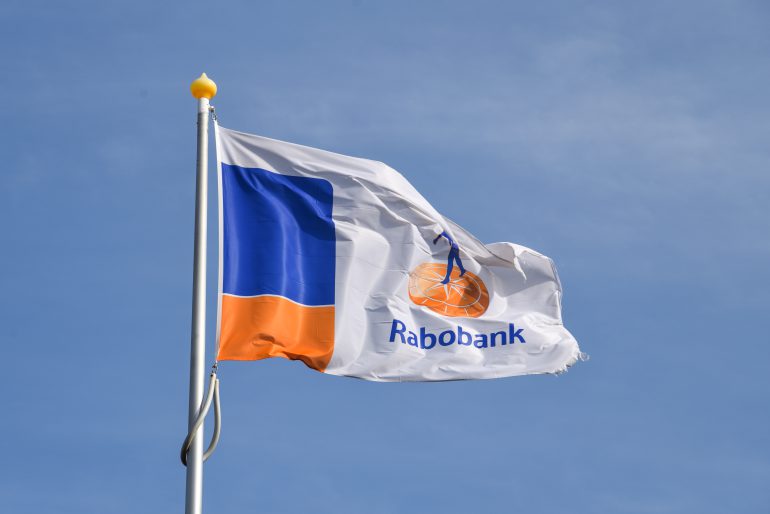In the latest developments regarding an investigation into euro-denominated bonds trading, the European Commission has fined Dutch bank Rabobank €26.6 million for its involvement in a decade-long cartel. The Dutch bank, which has its headquarters in Utrecht, is among the top 50 largest financial institutions in the world, with assets of over €600 billion. According to its official website it has 8.9 million clients in the Netherlands, making it the second-largest bank in the country behind ING in terms of active current accounts.
This is not the first time Rabobank has faced scrutiny for manipulation; in the past, the bank was involved in the Libor case, settling at a cost of €774 million. The recent fine could have been more substantial, reaching up to 10 percent of the bank’s global annual turnover.
In contrast, Germany’s Deutsche Bank, known for its history of controversies, including the Libor case, tax evasion, money laundering, and the sale of subprime mortgages, has been granted immunity. It actively approached the Commission to bring its participation to its attention, thus avoiding a fine. The malpractices, spanning from 2006 to 2016, involved traders from both banks maintaining secret contacts through emails, instant messaging and chat rooms, making agreements related to the trading of auctioned government bonds in euros on the secondary market. The cartel focused on euro-denominated SSA bonds and government-guaranteed bonds traded in Europe, particularly those issued in response to the 2008 global financial crisis. Deutsche Bank’s proactive approach in confessing to the cartel resulted in the avoidance of a substantial fine, nearly €156 million.
Rabobank now has the option to challenge the fine in European courts, and the bank has stated it is considering this course of action. However, there is also the potential for compensation claims from victims based on the Commission’s decision. The bank has already included a provision for the fine in its 2022 annual accounts, highlighting its ongoing cooperation with the investigation. The decision adds to the significant fines the bank has already incurred in other cases.
Oliver Blower, CEO of VoxSmart, a company that provides external compliance solutions for financial companies, commented: ‘An increasing amount of financial jargon is used between traders across instant messaging platforms and online chat rooms, which makes it much harder for compliance teams to locate and detect suspicious behaviour.’ EU antitrust chief Didier Reynders emphasised the importance of trustworthy and well-functioning bonds trading markets for both the national authorities issuing bonds and the investors trading them. Euro-denominated SSA bonds play a crucial role in international financial markets, enabling entities to raise funding. Therefore, the European Commission has been actively penalising financial institutions for market manipulation. The fines imposed on Rabobank and the immunity granted to Deutsche Bank followed the European Commission’s 2006 Guidelines, considering factors such as the value of sales, the seriousness of the infringement, geographic scope and duration.
The investigation, initiated in May 2017, gained momentum after Deutsche Bank’s immunity application. A Statement of Objections was issued to both banks in December 2022, leading to the recent decisions on fines and immunity. The fines will contribute to the general EU budget, alleviating the burden on taxpayers. The EU will reimburse the UK for its share of the fine, as stipulated in the EU-UK Withdrawal Agreement.
Rabobank expressed disappointment with the outcome but reiterated its cooperation with the Commission’s investigation. The broader trend of financial institutions facing fines for market manipulation underscores the increasing regulatory scrutiny within the banking sector.
Written by James Turrell
